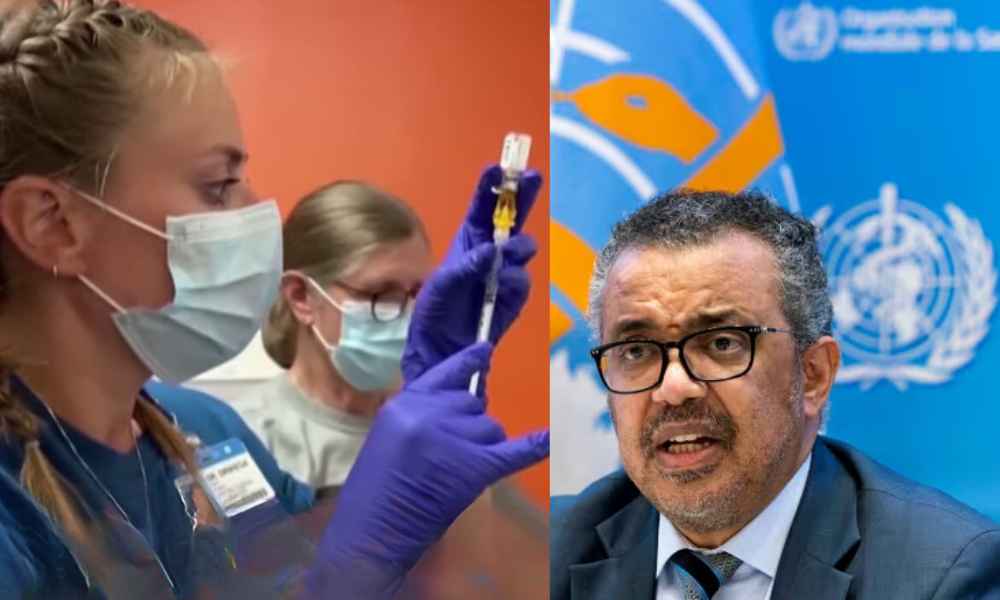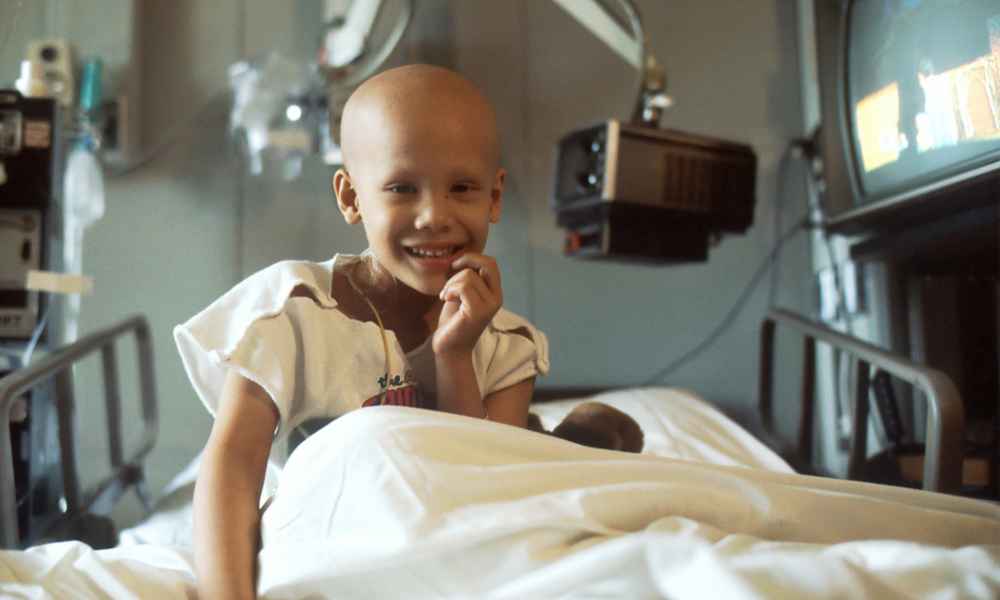The World Health Organization announced on Wednesday that the quick spread of mpox, previously known as monkeypox, in African countries is now considered a global health emergency. For many years, mpox was mostly found in Central and West Africa. This is the second time in three years that the WHO has declared an mpox outbreak a global emergency.
What is Mpox?
A virus causes mpox, which was once known as monkeypox and is a rare illness. It has two main types: Clade 1, once called the Congo Basin clade, and Clade 2, previously known as the West African clade. These two types differ in where people find them, how severe the illness can be, how easily they spread, and the symptoms they cause. The infection can cause a fever, breathing problems, muscle pain, and swollen lymph nodes. It can also lead to a rash on the hands, feet, chest, mouth, or genitals.
In the past, it mainly spread by eating contaminated meat or through close contact with infected animals or people. Most deaths have occurred among children in Africa, who already face malnutrition and other diseases like cholera, measles, and polio. But, Last year, scientists found that this strain of mpox could spread through sexual contact, affecting both young men and women equally.
Genetic studies showed that around September, the virus mutated, making it easier to spread among people. Some of this spread has occurred through heterosexual prostitution. Experts believe that if the outbreak spreads worldwide, children in low-income countries will likely be more at risk of serious illness.
Details of the Current Outbreak
People have reported mpox in the Democratic Republic of Congo (DRC) for over ten years, and the number of cases has steadily risen. Last year saw a significant increase in cases, and this year has already surpassed the previous year’s total, with over 15,600 cases and 537 deaths reported. The current outbreak is caused by the more dangerous Clade 1, which has evolved into a new variant called Clade 1b.
Now, the disease is spreading in Central and Eastern Africa. Four neighboring countries—Burundi, Kenya, Rwanda, and Uganda—have reported over 100 confirmed cases of Clade 1b in the past month, even though they hadn’t seen mpox before. Experts think the number of cases is higher because many possible cases haven’t been tested. Also, different countries are experiencing outbreaks of various pox clades, each with other ways of spreading and levels of risk.
WHO’s Declaration
WHO Director-General Dr. Tedros Adhanom Ghebreyesus has declared the rise of mpox in the DRC and other African countries a global health emergency. An independent expert committee made this decision after reviewing data from WHO and affected countries. The committee warned that the outbreak could spread further within Africa and possibly beyond. Dr. Tedros will release the committee’s report and provide temporary guidelines for countries based on the committee’s recommendations.
Dr. Tedros declared the health emergency, saying, “The emergence of a new clade of mpox, its rapid spread in eastern DRC, and the reporting of cases in several neighbouring countries are very worrying. On top of outbreaks of other mpox clades in DRC and other countries in Africa, it’s clear that a coordinated international response is needed to stop these outbreaks and save lives.”
Anne Rimoin, an epidemiologist at UCLA and a member of the 2022 mpox panel, said the global health emergency declaration was significant because of the virus’s rapid spread.
“I think we learned a great deal about the speed with which this virus can spread,” she said.
WHO’s first declaration was in July 2022 but ended that status in May 2023. The previous year’s outbreak was caused by a strain called Clade 2. That outbreak affected nearly 100,000 people, primarily gay and bisexual men, in 116 countries and resulted in about 200 deaths.
Experts said the strain seems to spread mainly through sexual networks. People in countries like Sweden and Pakistan have also contracted the disease. This is a significant reason for declaring a public health emergency.
Professor Dimie Ogoina, Committee Chair, said “The current upsurge of mpox in parts of Africa, along with the spread of a new sexually transmissible strain of the monkeypox virus, is an emergency, not only for Africa, but for the entire globe. Mpox, originating in Africa, was neglected there, and later caused a global outbreak in 2022. It is time to act decisively to prevent history from repeating itself.”
The Strains and Their Impact
Clade 1 is more dangerous, with a fatality rate between 1% and 10%, making it deadlier than Clade 2. Clade 2 is less infectious, with a lower human-to-human transmission rate, and has a fatality rate of less than 1%, making it less deadly than Clade 1. So, if this Clade 1 spreads soon, along with its high death rate, it will be challenging for health officials to control.
WHO chief Tedros Adhanom Ghebreyesus has expressed serious concern about the virus spreading more within Africa and to other regions. He said, “The potential for further spread within Africa and beyond is very worrying.”
International Response
Global organizations like the WHO and Africa CDC are increasing their efforts to control the outbreak, including more research, securing funding, and coordinating worldwide responses. Jean Kaseya, head of Africa CDC, warned that the situation could worsen without immediate action. He emphasized the need for a proactive and aggressive approach to stop the virus.
Global cooperation is crucial to prevent the virus from spreading beyond Africa. The 2022 outbreak showed how quickly mpox can spread, reaching nearly 100 countries. If authorities don’t control this new outbreak, it could seriously impact global health, especially in areas with limited access to healthcare and vaccines.
Dr. Matshidiso Moeti, WHO Regional Director for Africa, said “Significant efforts are already underway in close collaboration with communities and governments, with our country teams working on the frontlines to help reinforce measures to curb mpox. With the growing spread of the virus, we’re scaling up further through coordinated international action to support countries bring the outbreaks to an end.”
As cases rise, the Democratic Republic of Congo has approved two mpox vaccines: LC16, a Japanese vaccine, and Jynneos, which the Biotechnology company Bavarian Nordic made. The US and Europe used Jynneos in 2022. However, Congo still has not started a vaccination program. On August 9, the WHO asked vaccine makers to apply for emergency use approval. This emergency approval is necessary for groups like Gavi, a global vaccine alliance, to distribute the vaccines in low-income countries.

Moreover, the Bavarian Nordic company has donated 15,000 doses of Jynneos for use in African countries. However, the Africa CDC says this is small compared to the 10 million doses needed to control the outbreak.
Challenges and Future Actions
The WHO stated that vaccines alone aren’t enough to control the spread. We also need better monitoring, more accurate testing, and additional research to understand the situation. As a people, we must adhere to self-control without giving all responsibility to the Government. However, an mpox outbreak in low-income countries could overwhelm their health workers, testing labs, vaccination efforts, and awareness campaigns, putting even more strain on their public health systems.
Fighting the outbreak effectively requires many resources. Here are some essential materials.
- Material Resources: Protective equipment, masks, sanitizers, disinfectants, test kits, vaccines, antiviral drugs, and other medicines.
- Trained Personnel: Medical and support staff.
- Health Programs: Tailored to the needs of specific areas.
- Social Interventions: Adapted to different cultures and communities.
According to the CDC, staying safe from mpox without taking high-risk levels affects you and your loved ones. Here are some critical steps to protect yourself and others:
- Practice Good Hygiene: Wash your hands regularly with soap and water.
- Avoid Close Contact: Stay away from people who are sick or show symptoms.
- Use Personal Protective Equipment: Wear masks and use protective gear if needed.
- Follow Health Guidelines: Adhere to local health recommendations and advisories.
Conclusion
The WHO declares the mpox virus a global health emergency due to its rapid spread in African countries. The current outbreak, driven by the more dangerous Clade 1, significantly threatens global health. Coordinated international efforts, including vaccination and research, are crucial to containing the virus. Swift action is essential to prevent further spread and save lives, especially in vulnerable regions.
Also Read,










